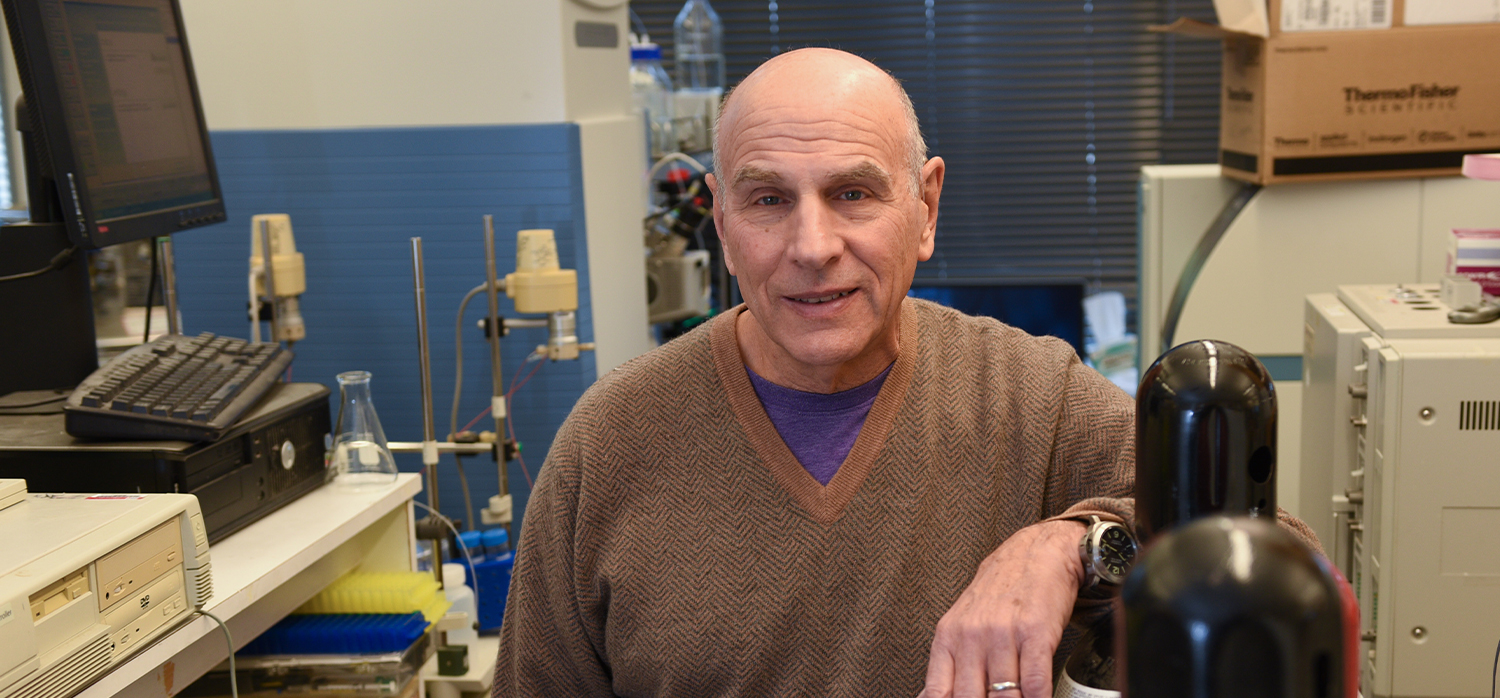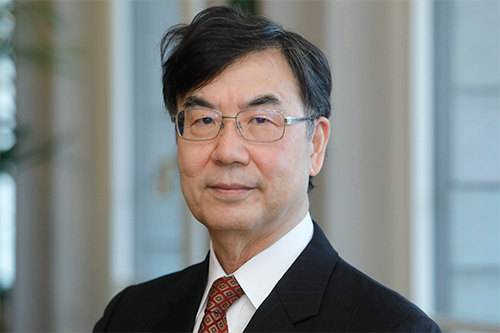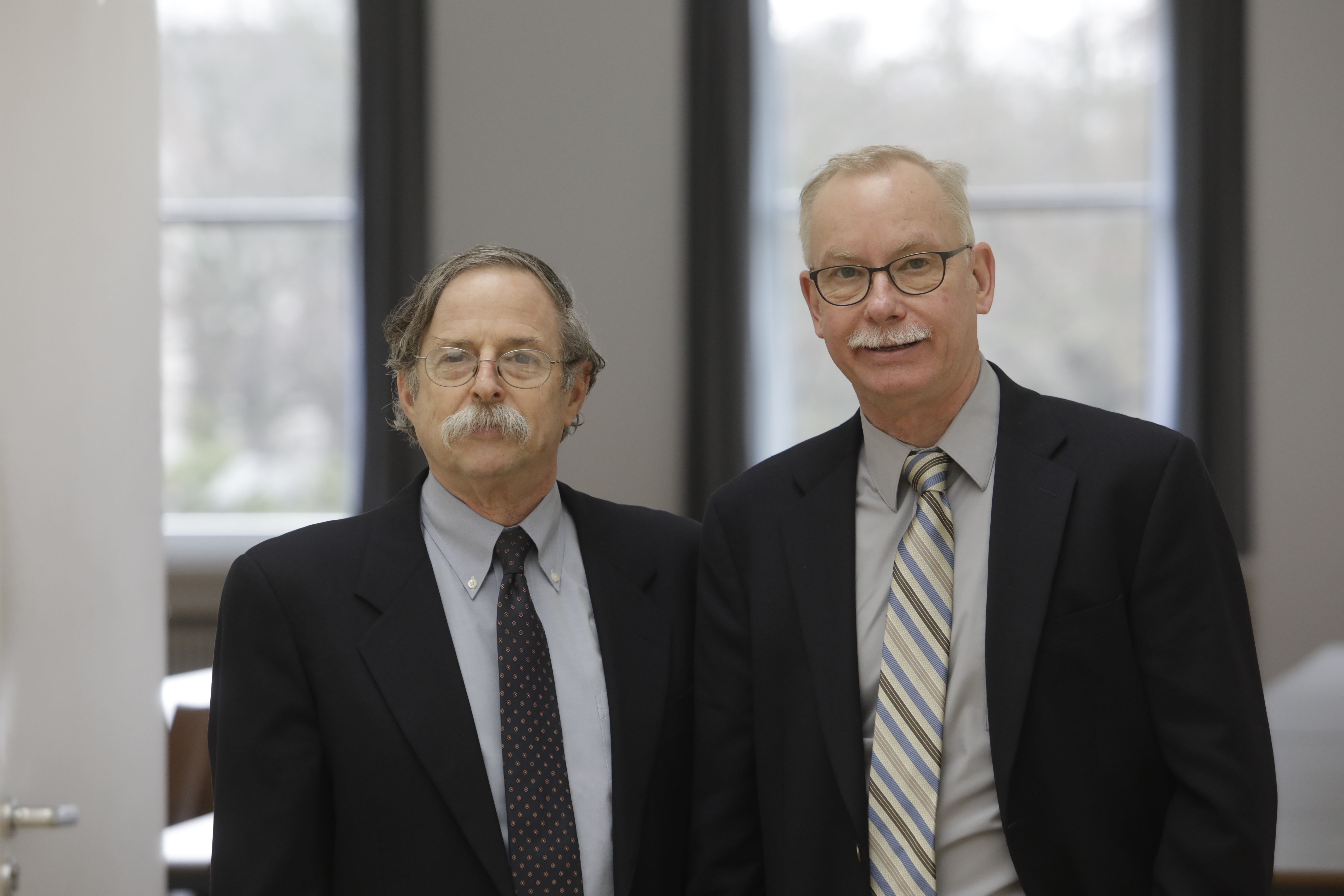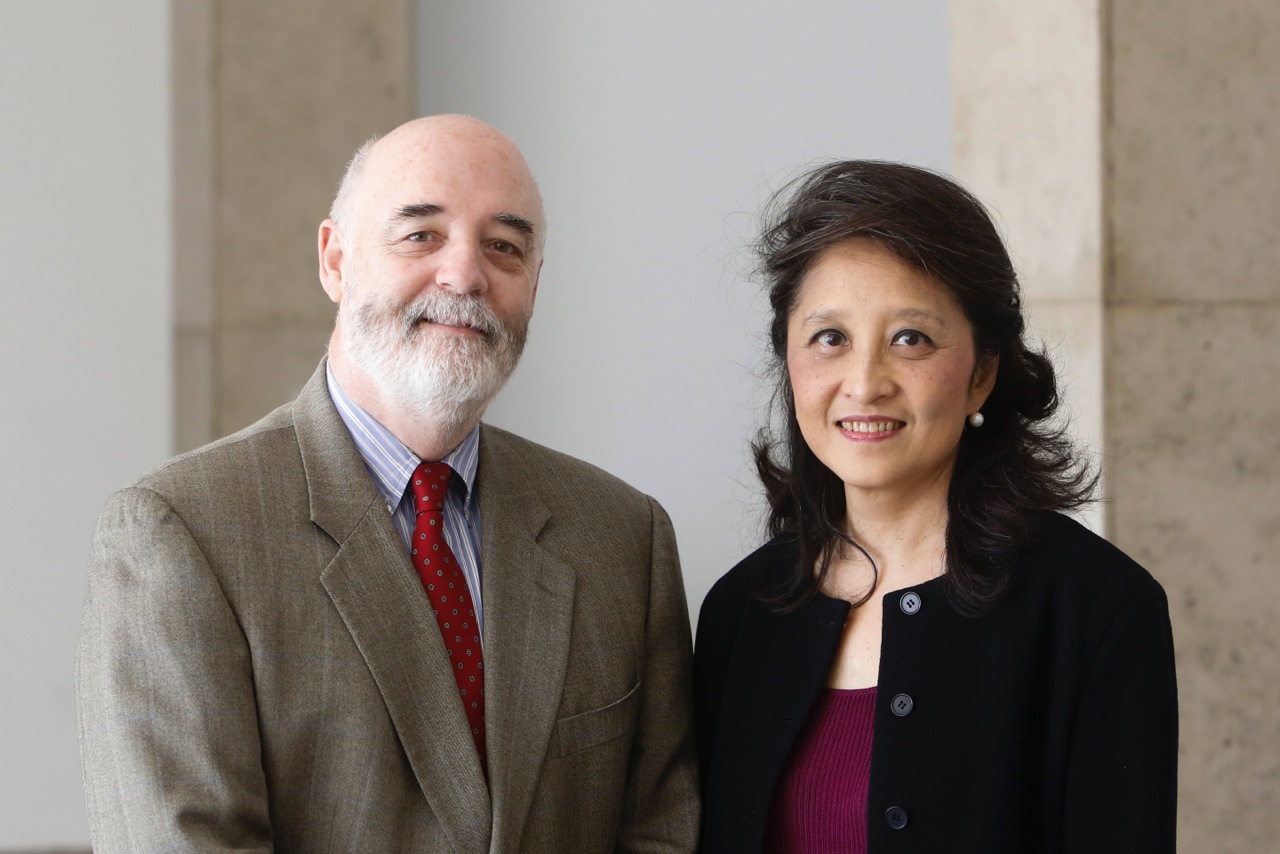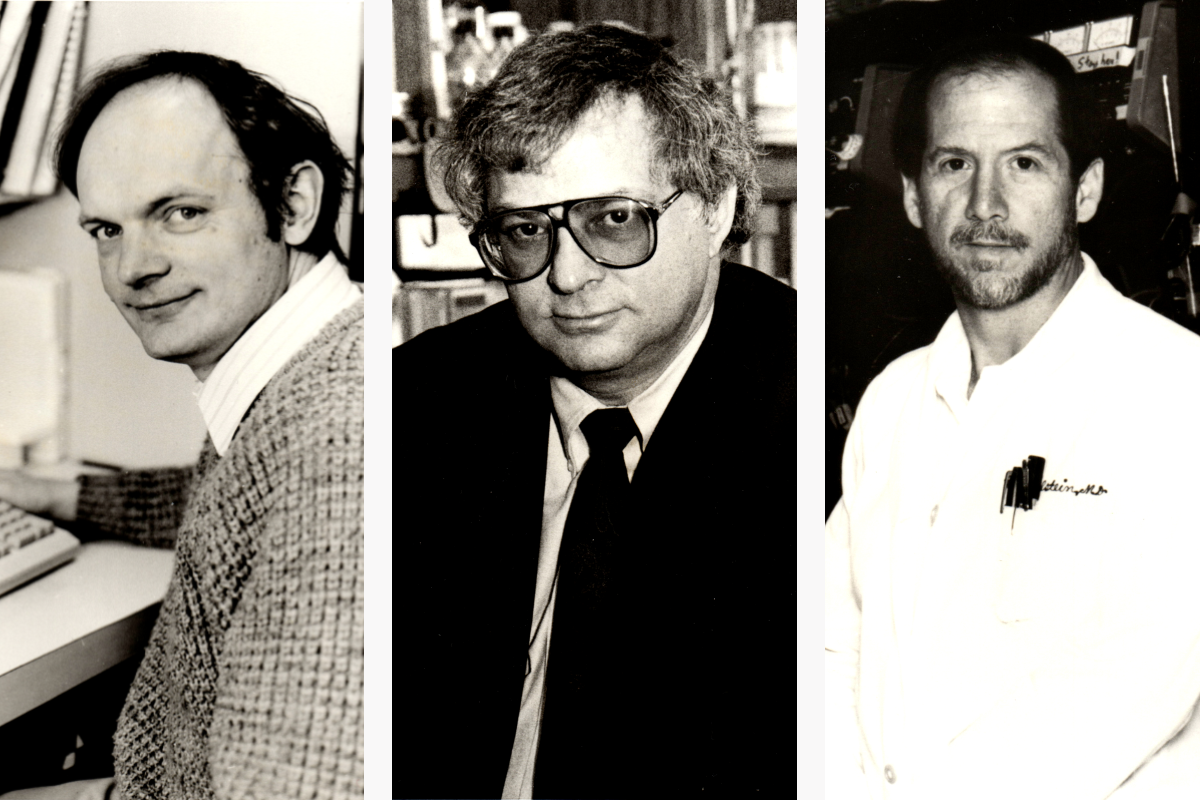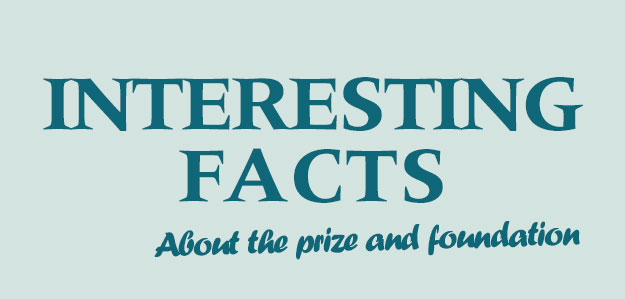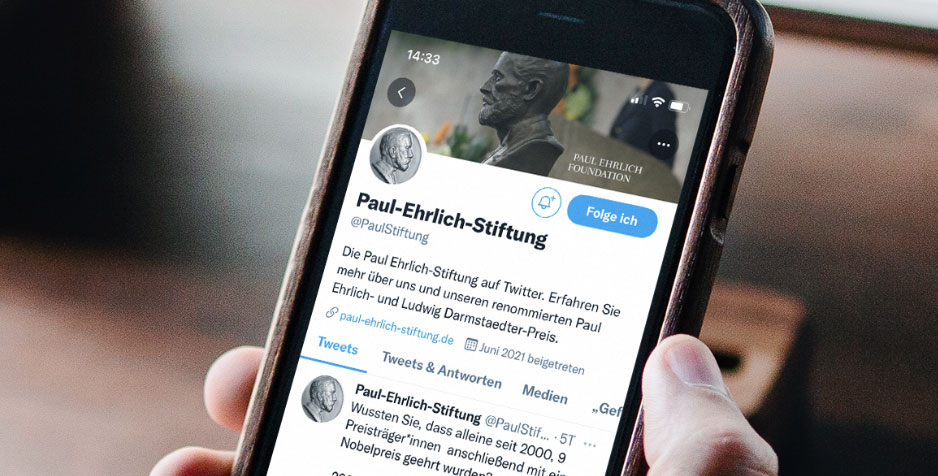- GU Home
- Paul Ehrlich Foundation
- Main Prize
Main Prize / Prize Winners
Paul Ehrlich and Ludwig Darmstaedter Prize – awarded since 1952
The prize honours scientists who have made special contributions in areas of research represented by Paul Ehrlich's achievements, namely in immunology, cancer research, haematology, microbiology and chemotherapy.
Awarded since 1952, the prize is funded by the Federal Ministry of Health, the German Association of Research-based Pharmaceutical Companies (Verband Forschender Arzneimittelhersteller e.V.) and by earmarked donations from the following companies, foundations and institutions: Else Kröner-Fresenius-Foundation, Sanofi-Aventis Deutschland GmbH, C.H. Boehringer Sohn AG & Co. KG, Biotest AG, Hans und Wolfgang Schleussner-Foundation, Fresenius SE & Co. KGaA, F. Hoffmann-LaRoche Ltd., Grünenthal Group, Janssen-Cilag GmbH, Merck KGaA, Bayer AG, Georg von Holtzbrinck GmbH & Co.KG, GlaxoSmithKline GmbH & Co. KG, B. Metzler seel. Sohn & Co KGaA.
The award winners are selected by the Scientific Council of the Paul Ehrlich Foundation.
To date, 128 scientists have received the prize. Of these, 26 prize winners are also Nobel Prize laureates (list of Nobel Prize Winners) (status as of 2023).
History of the prize
The prize has two roots in the German Weimar Republic. The Ludwig Darmstaedter Prize was established in 1926 by the board of the Georg-Speyer-Haus Foundation on the occasion of the 80th birthday of its namesake. From then on, it was awarded every three years for outstanding work in the fields of chemotherapy and biology, even through the years of Nazi dictatorship. However, from 1935 this was without public announcement and only communicated to employees of the Paul Ehrlich Institutes based in Frankfurt. The Paul Ehrlich Prize, donated by Ehrlich's widow Hedwig in 1929, could only be awarded from 1930 to 1934. It then fell victim to German anti-Semitism.
After the war, it was decided in April 1952 to merge the Paul Ehrlich Prize and the Ludwig Darmstaedter Prize.


2024
Dennis L. Kasper
Discovery of the immune-relevant language of the gut microbiome

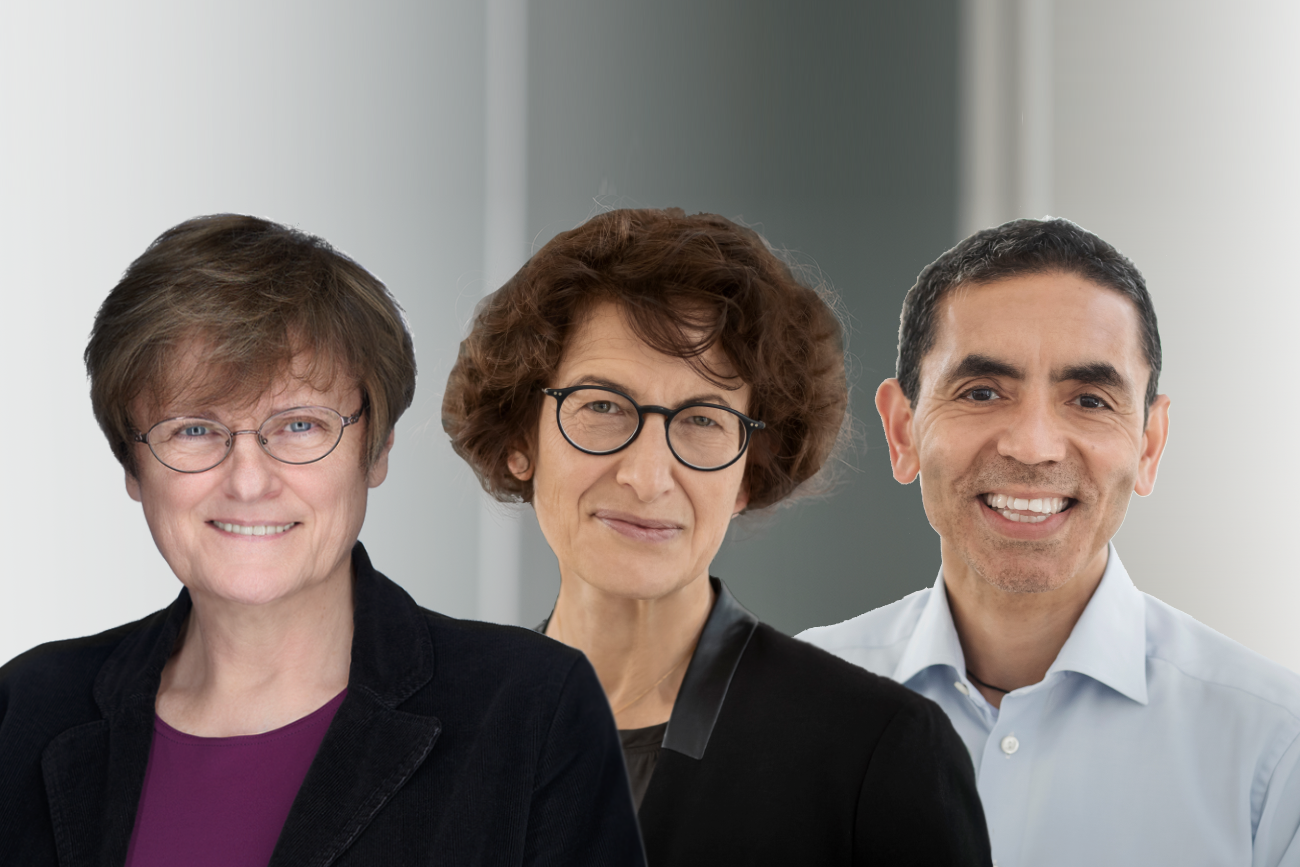
2022
Katalin Karikó, Özlem Türeci and Uğur Şahin
Achievements in the development of messenger RNA (mRNA)
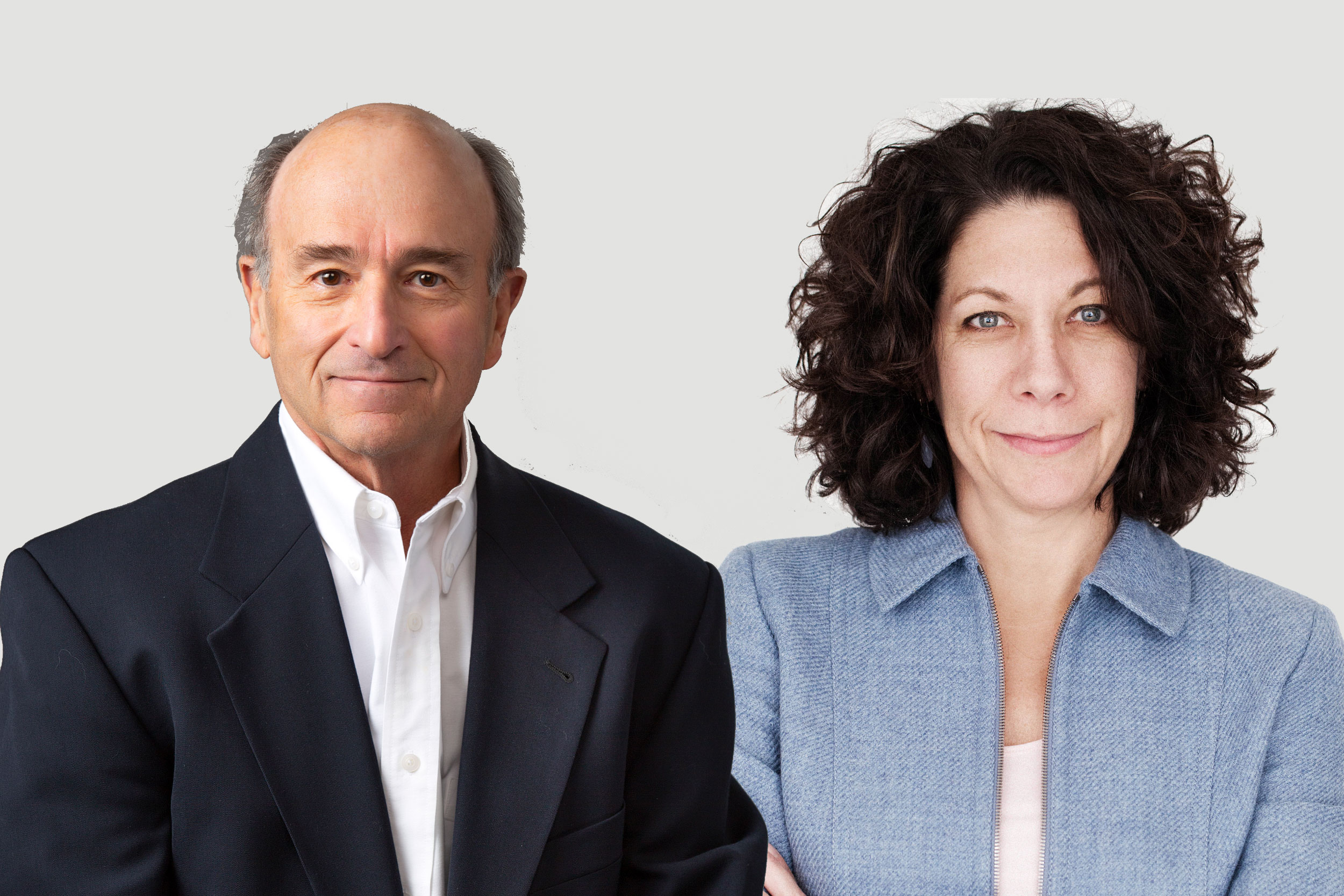
2021
Michael R. Silverman and Bonnie L. Bassler
Discoveries in the field of interbacterial communication
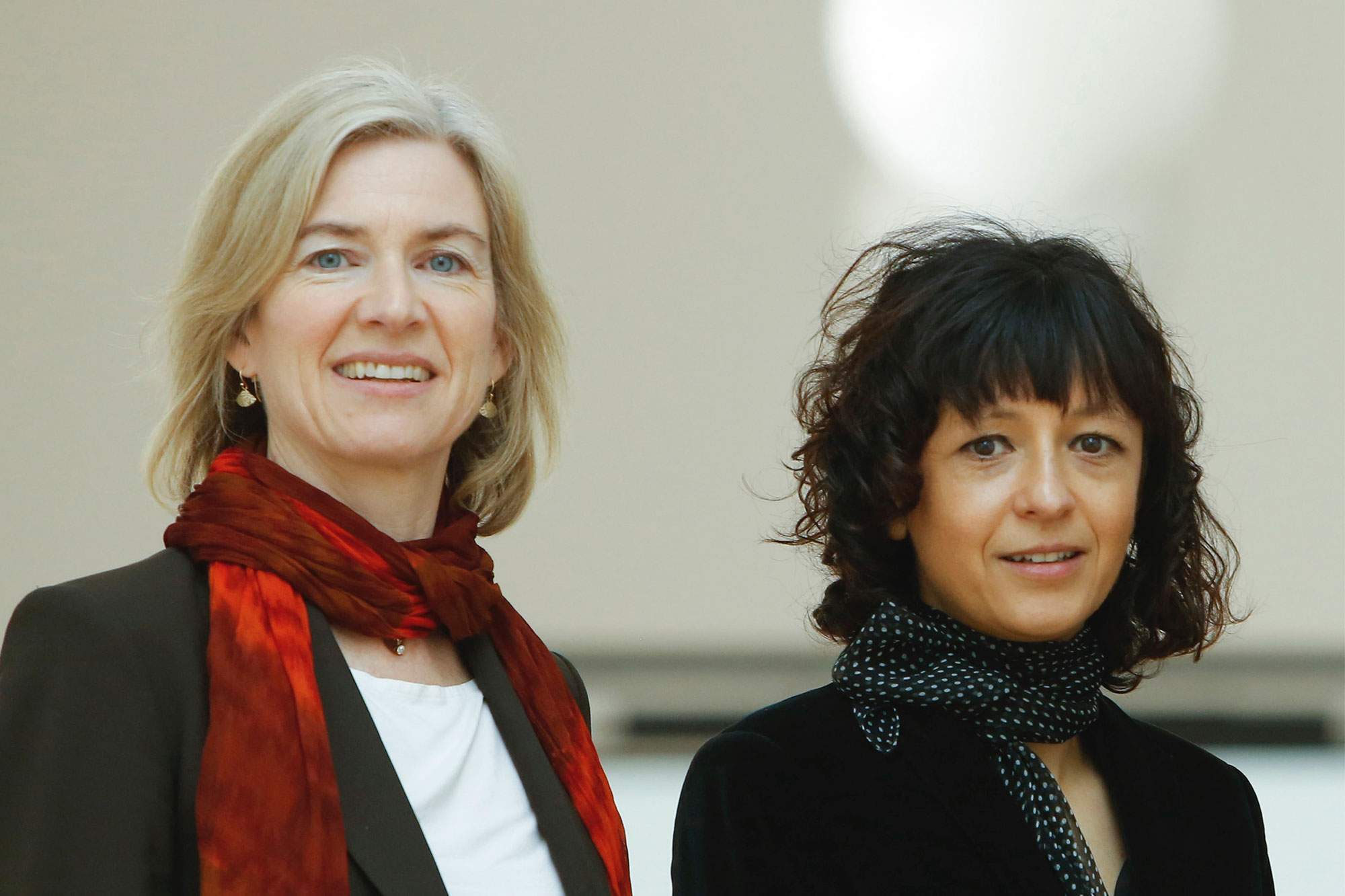
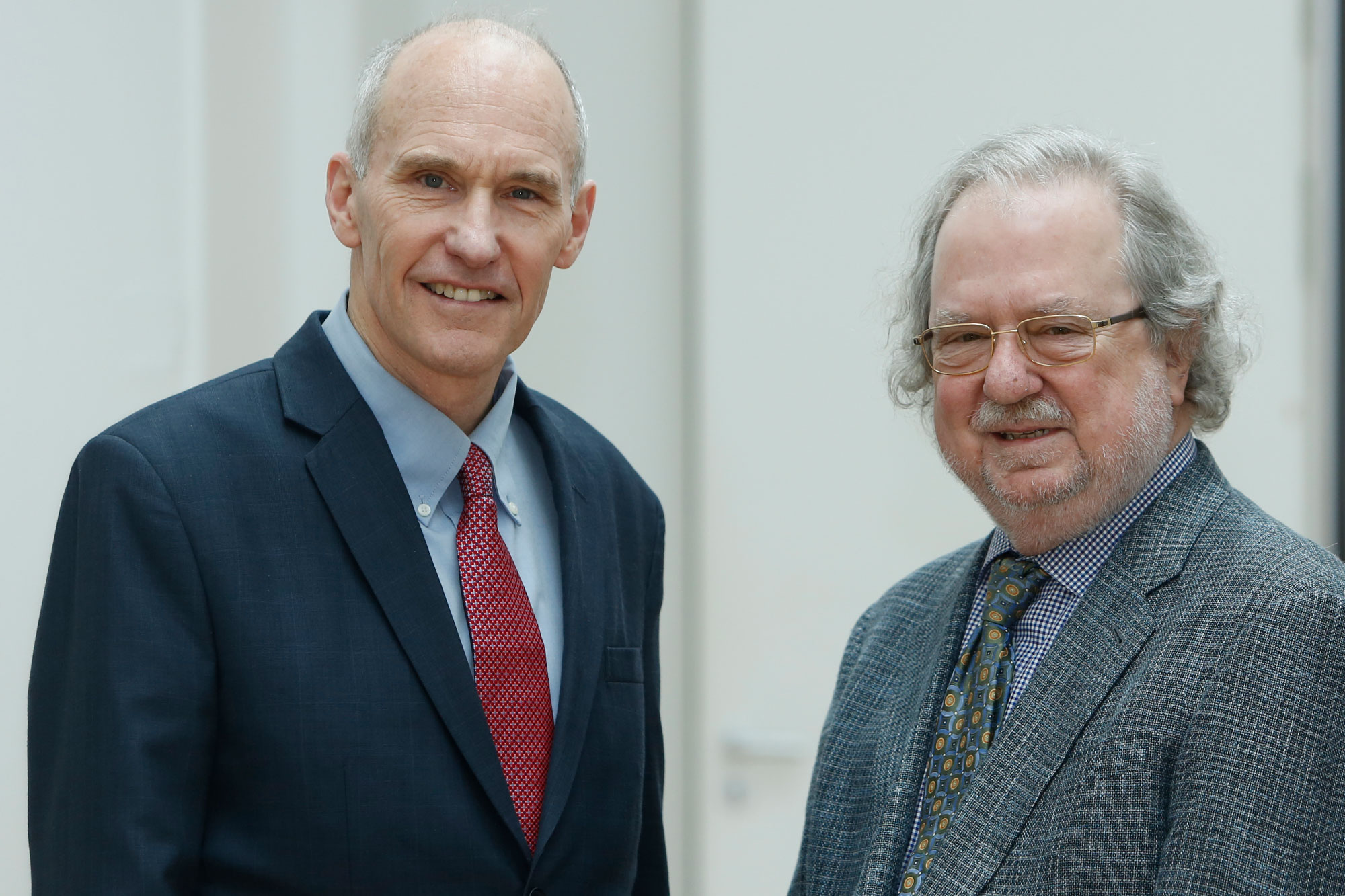
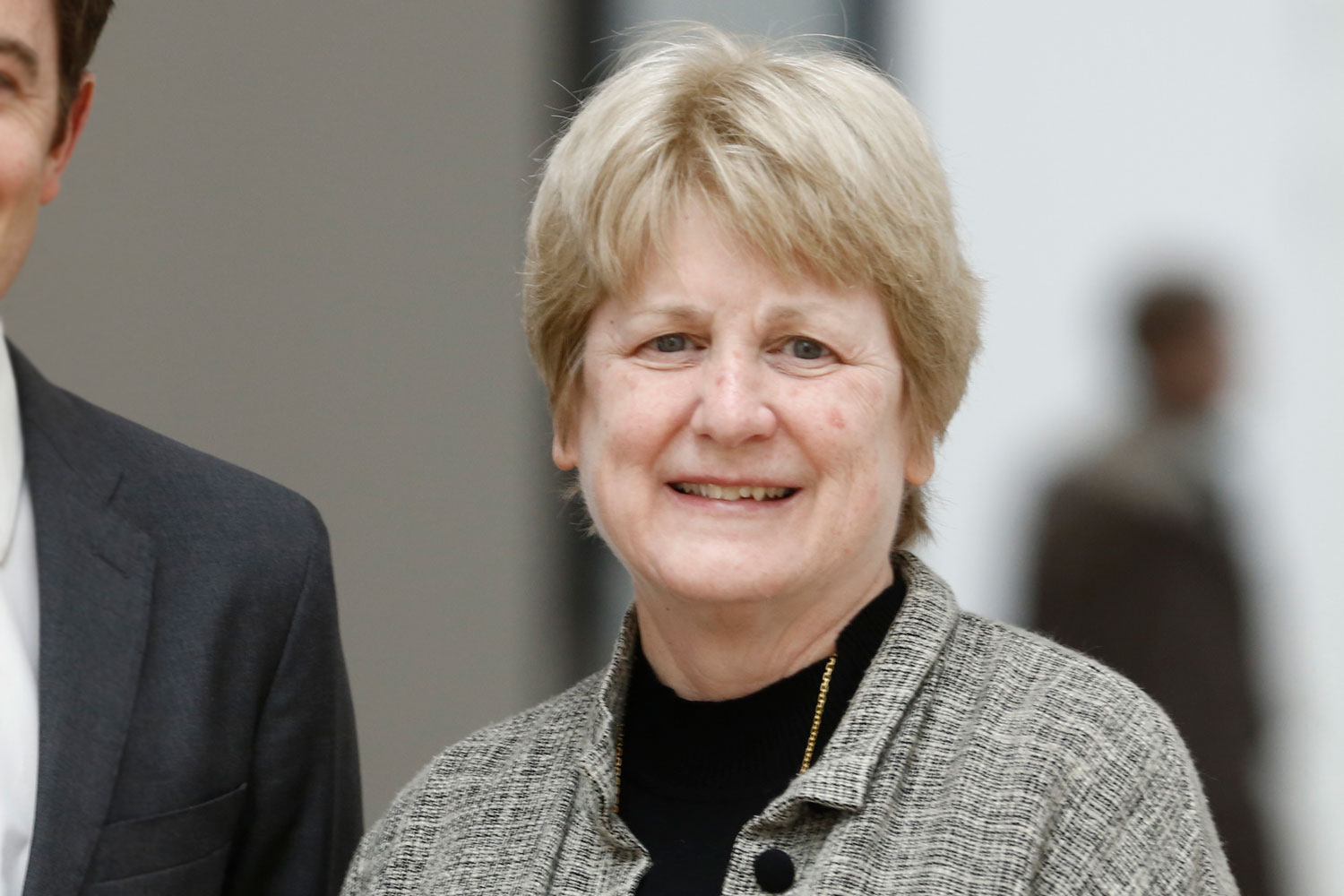
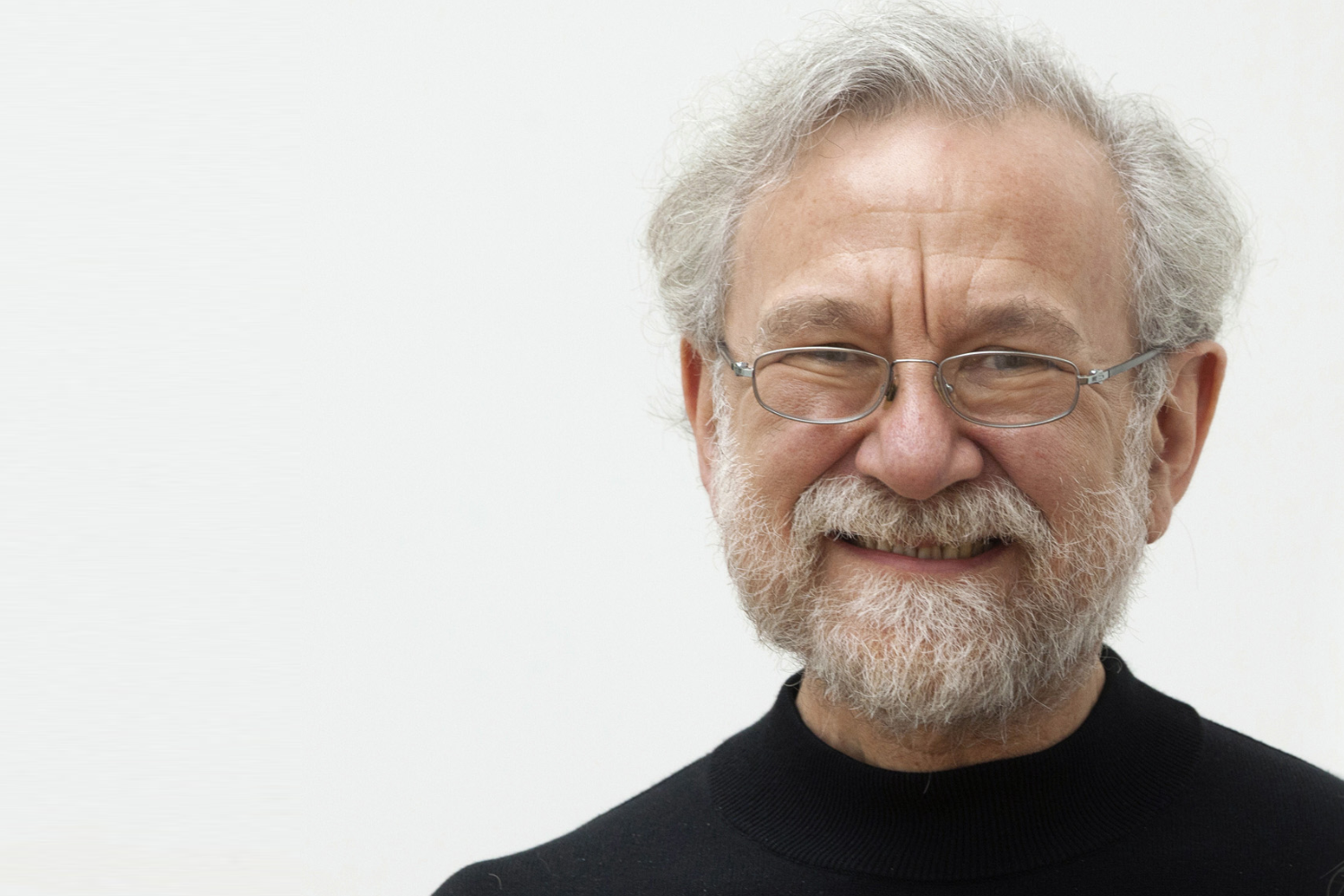
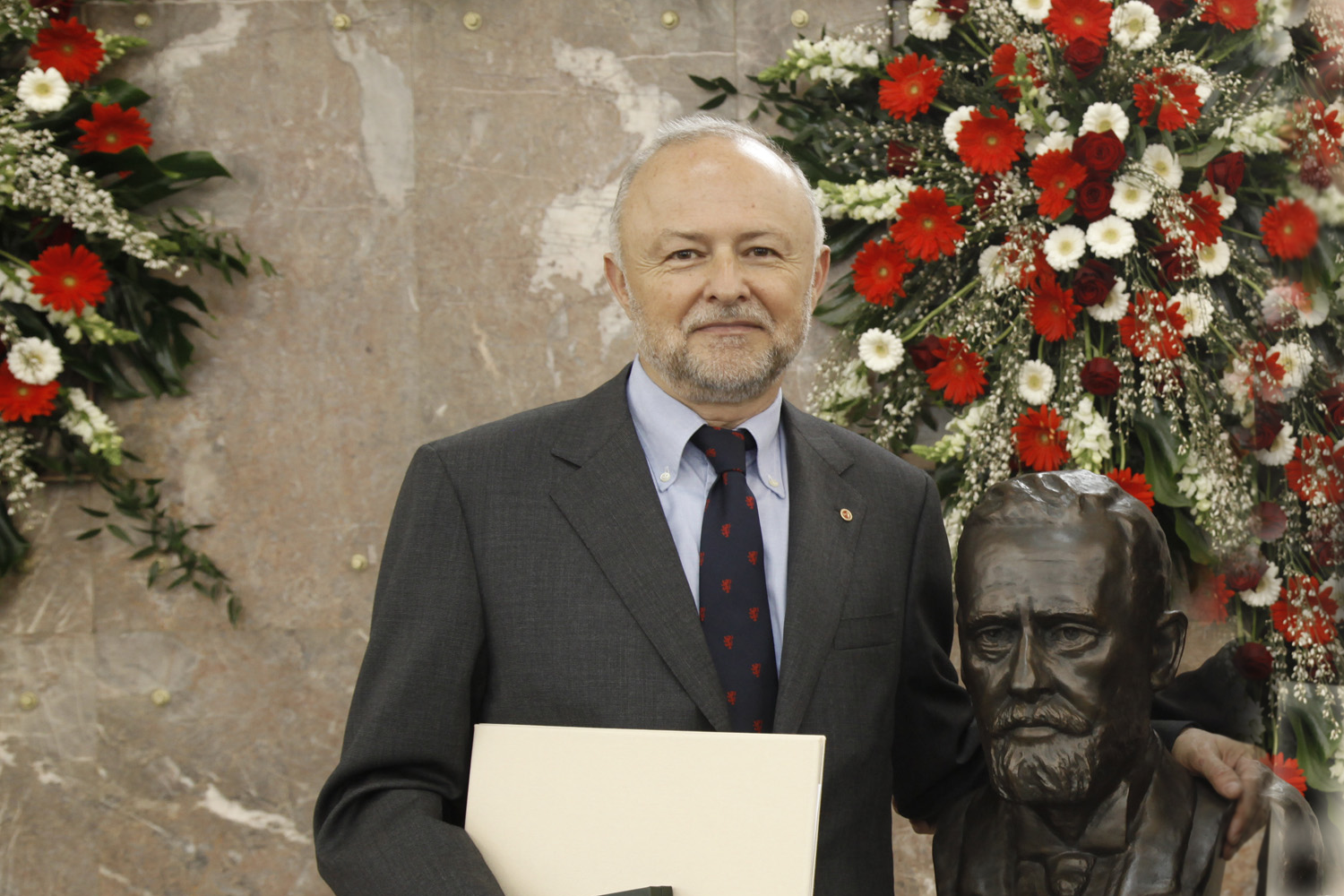
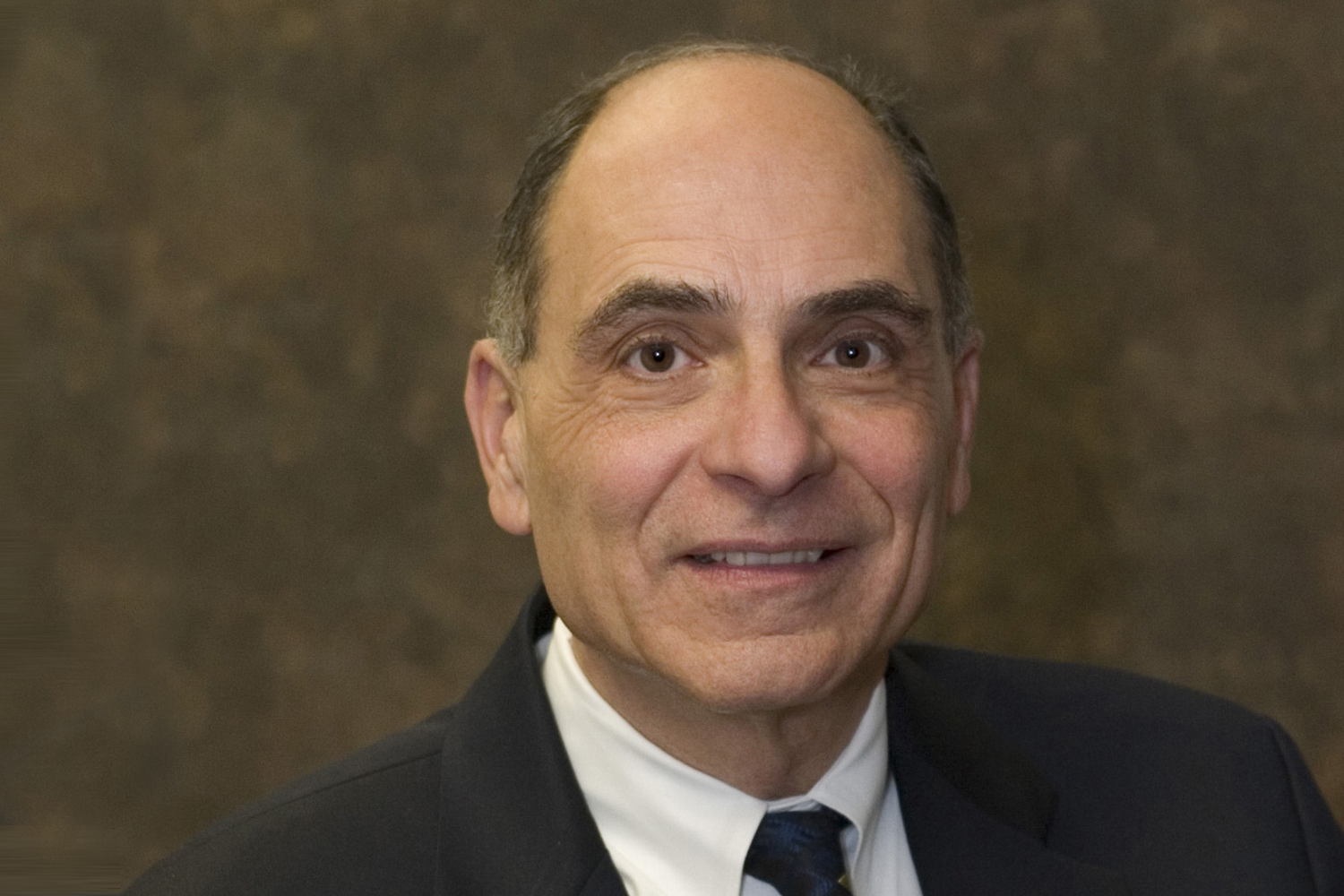
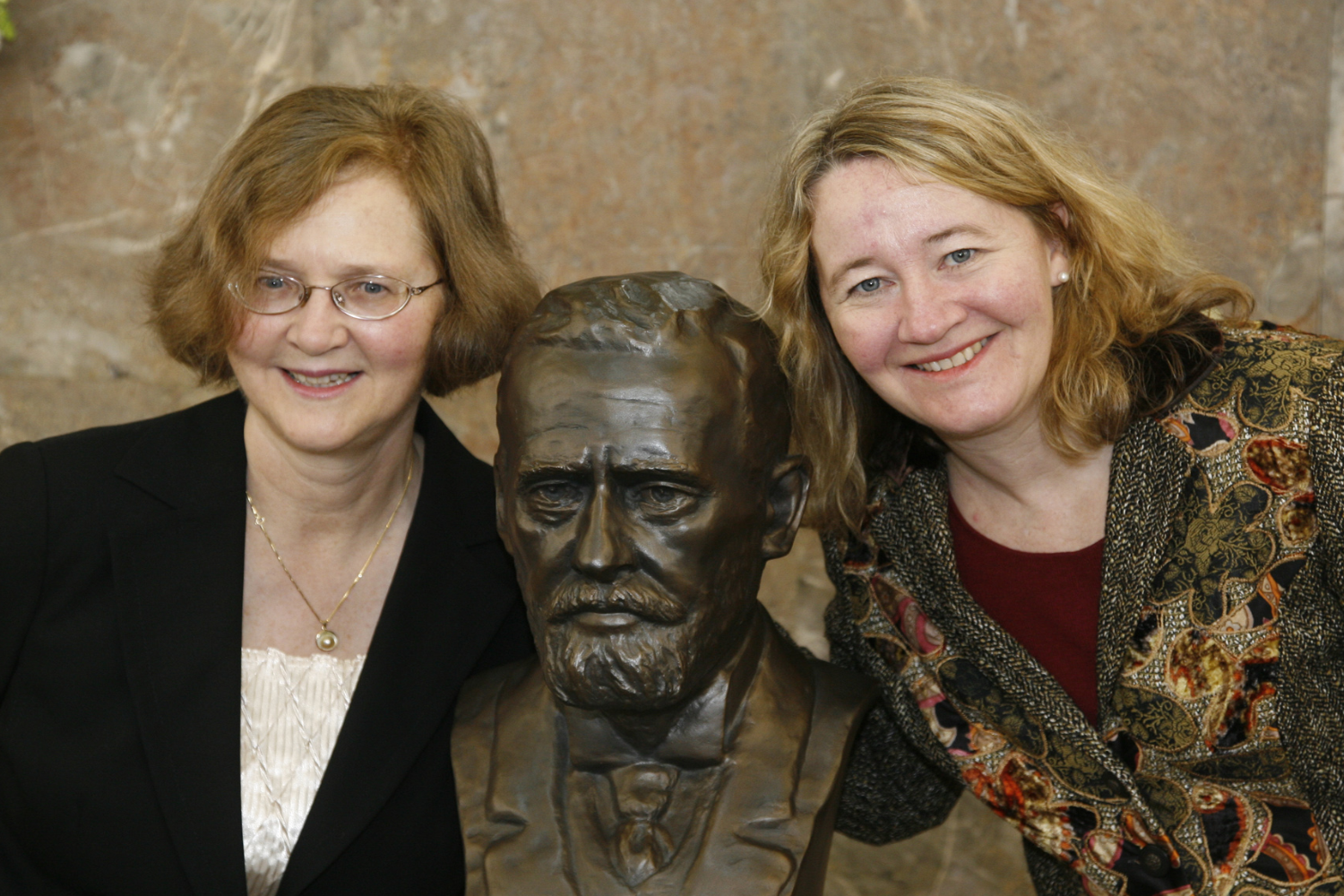
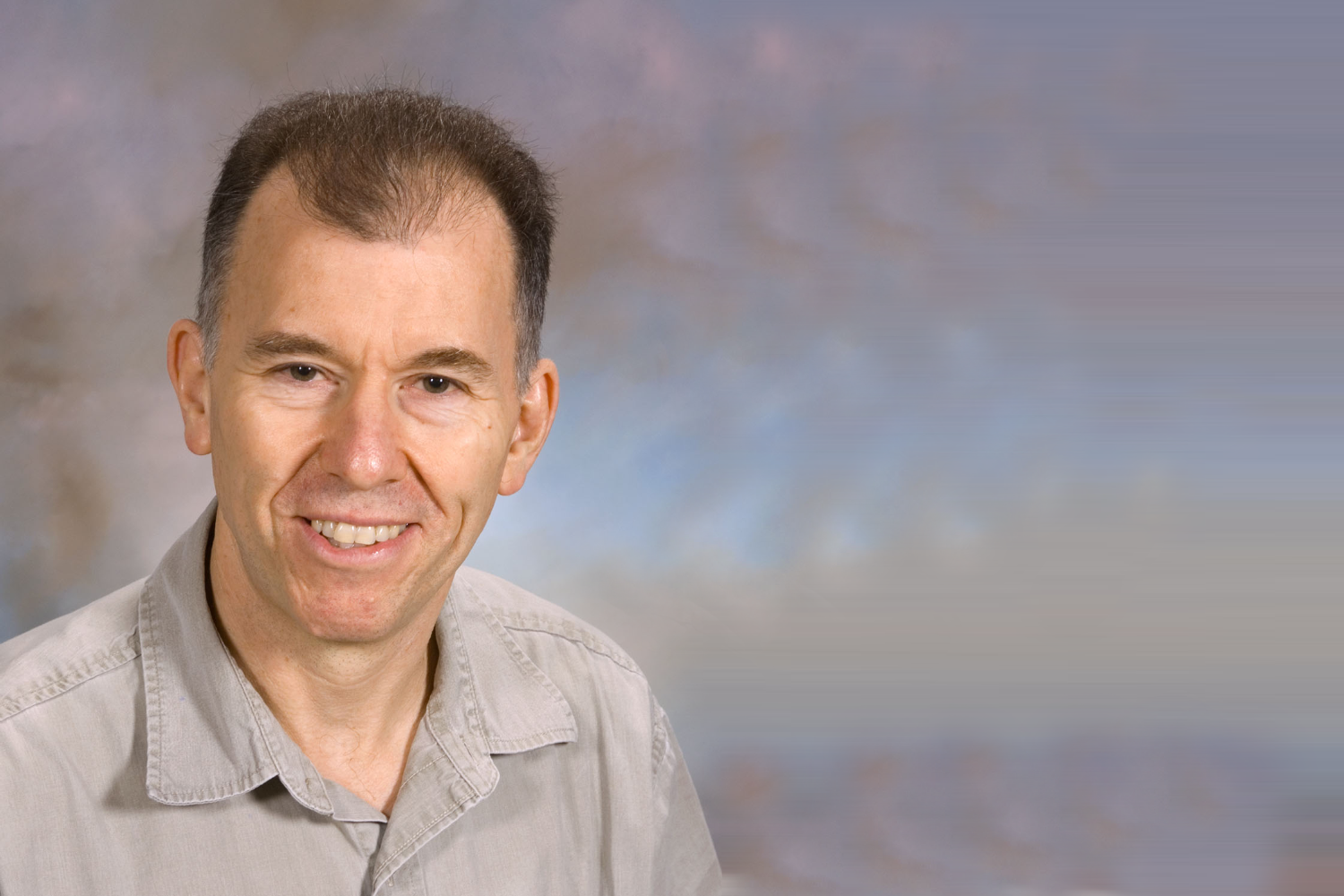
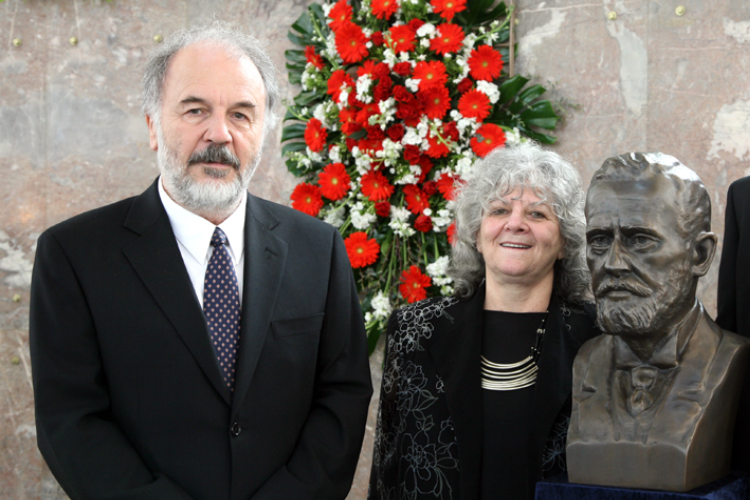
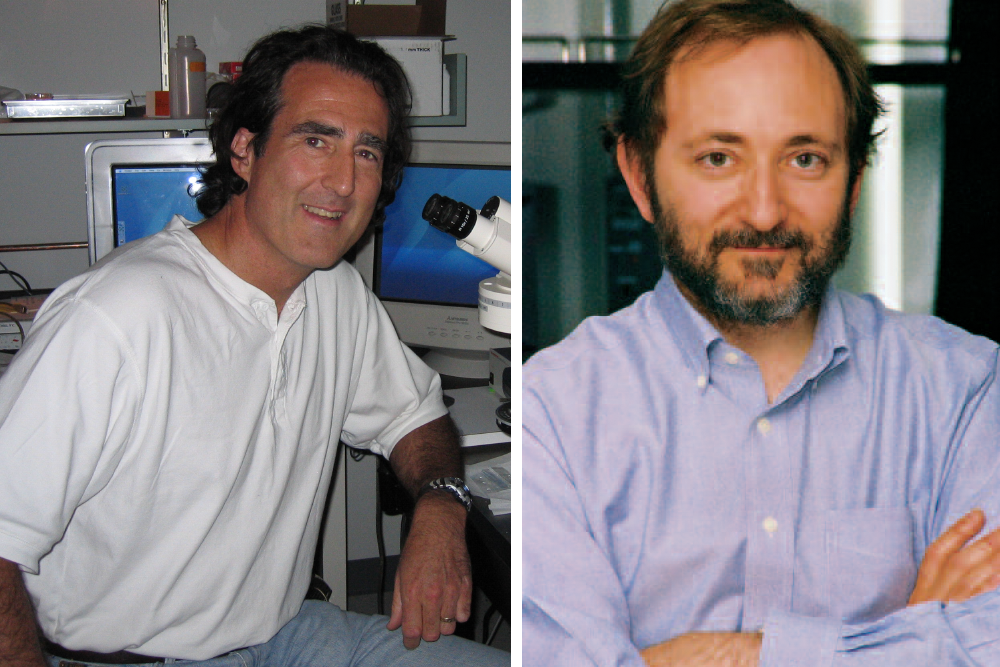
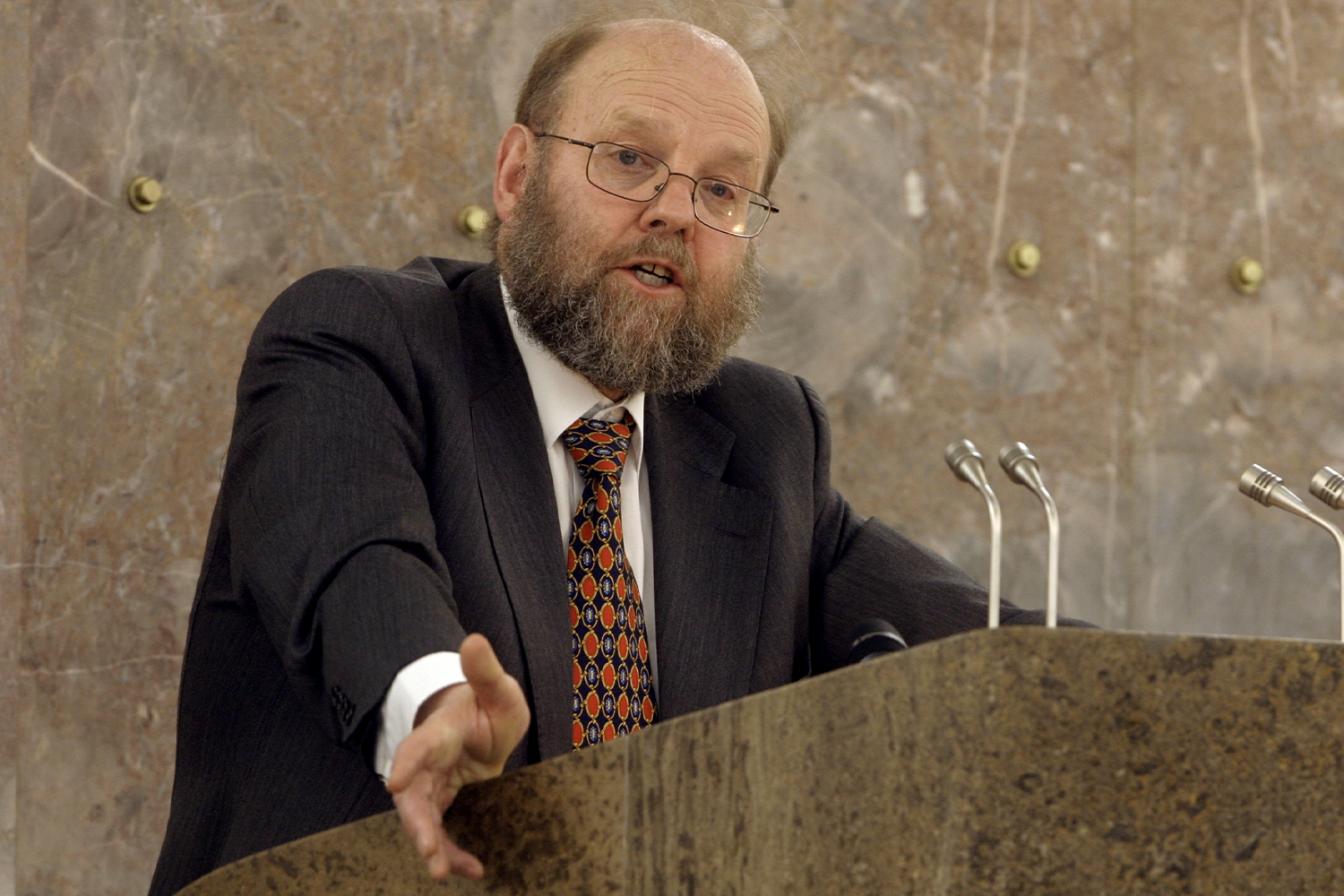
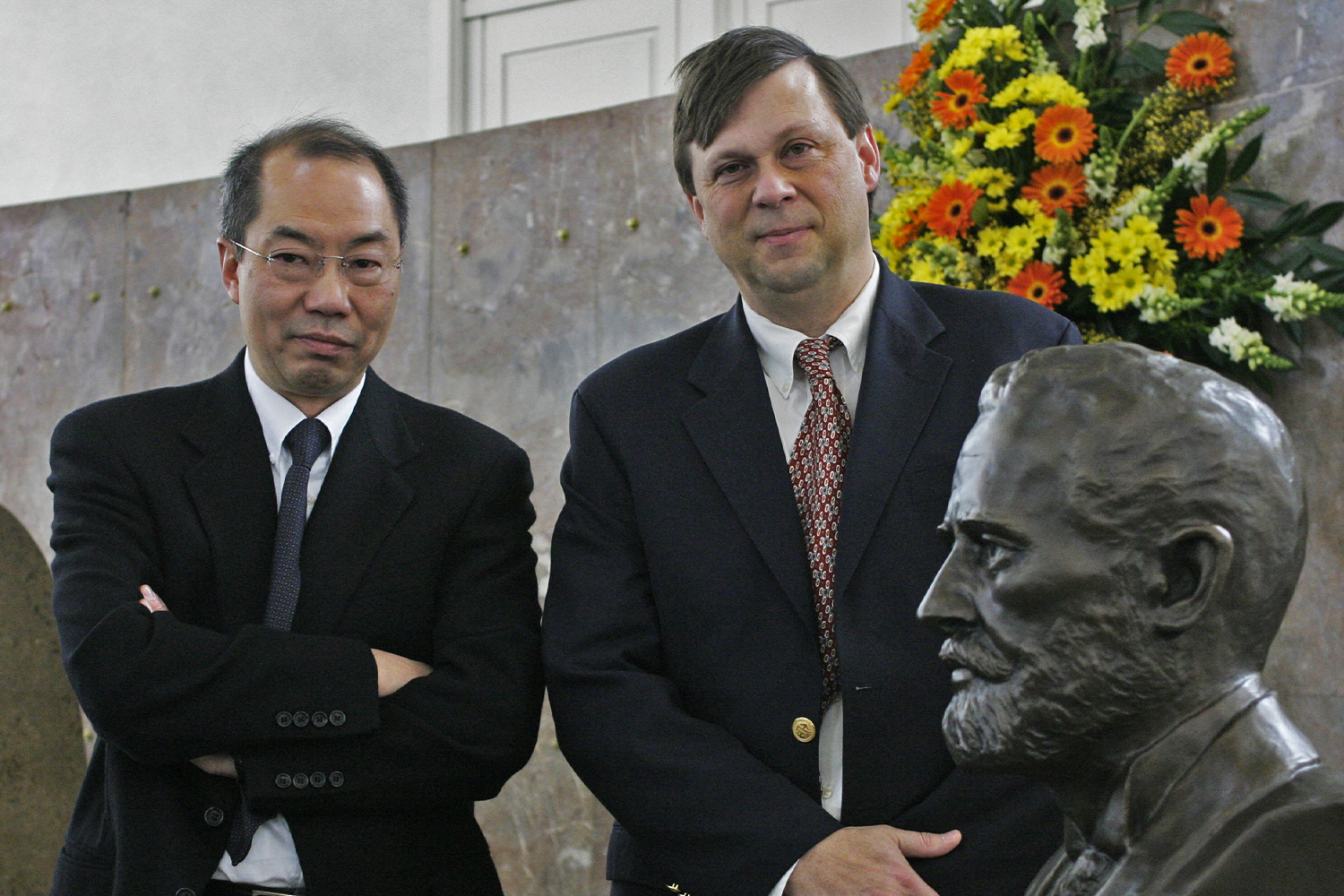
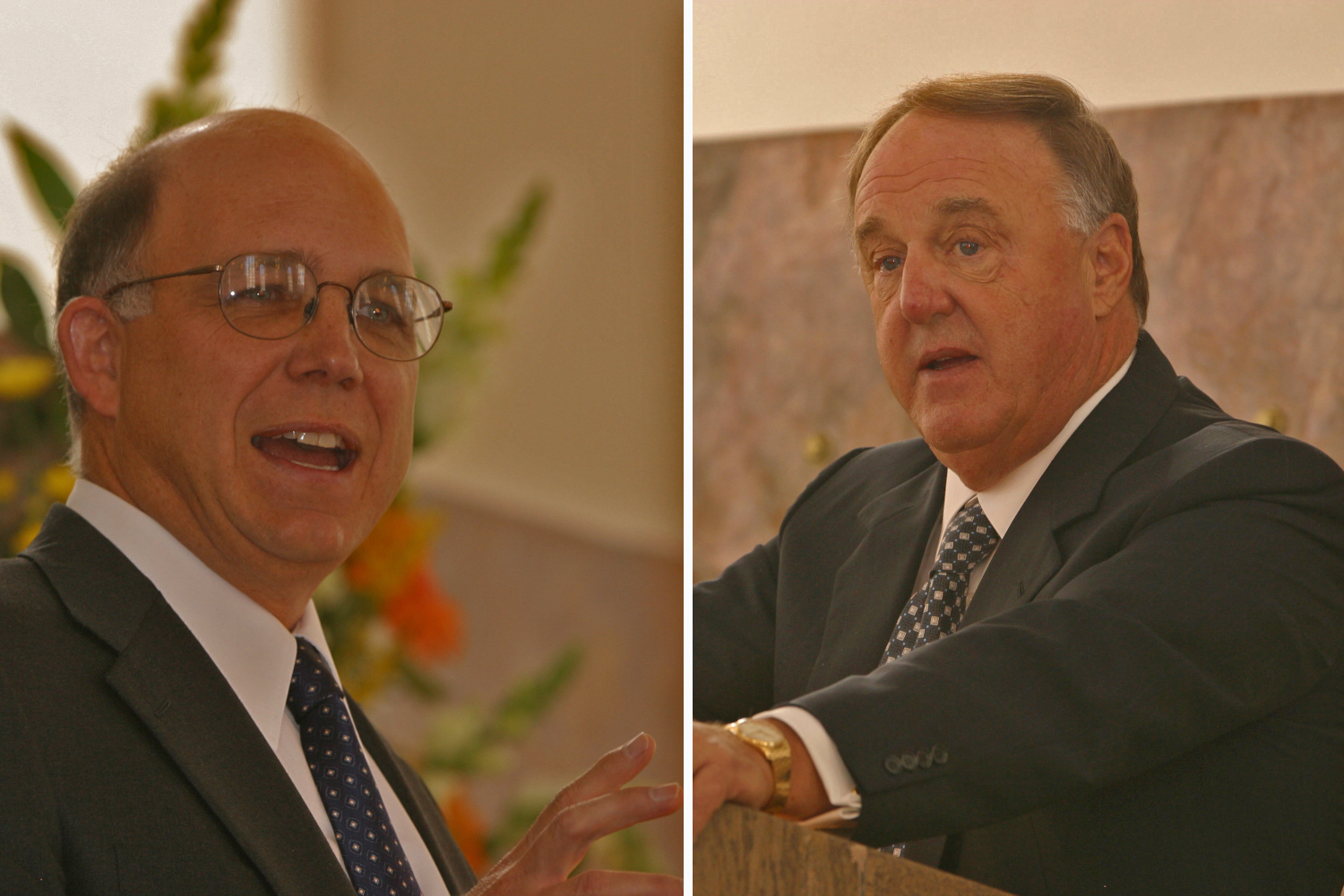
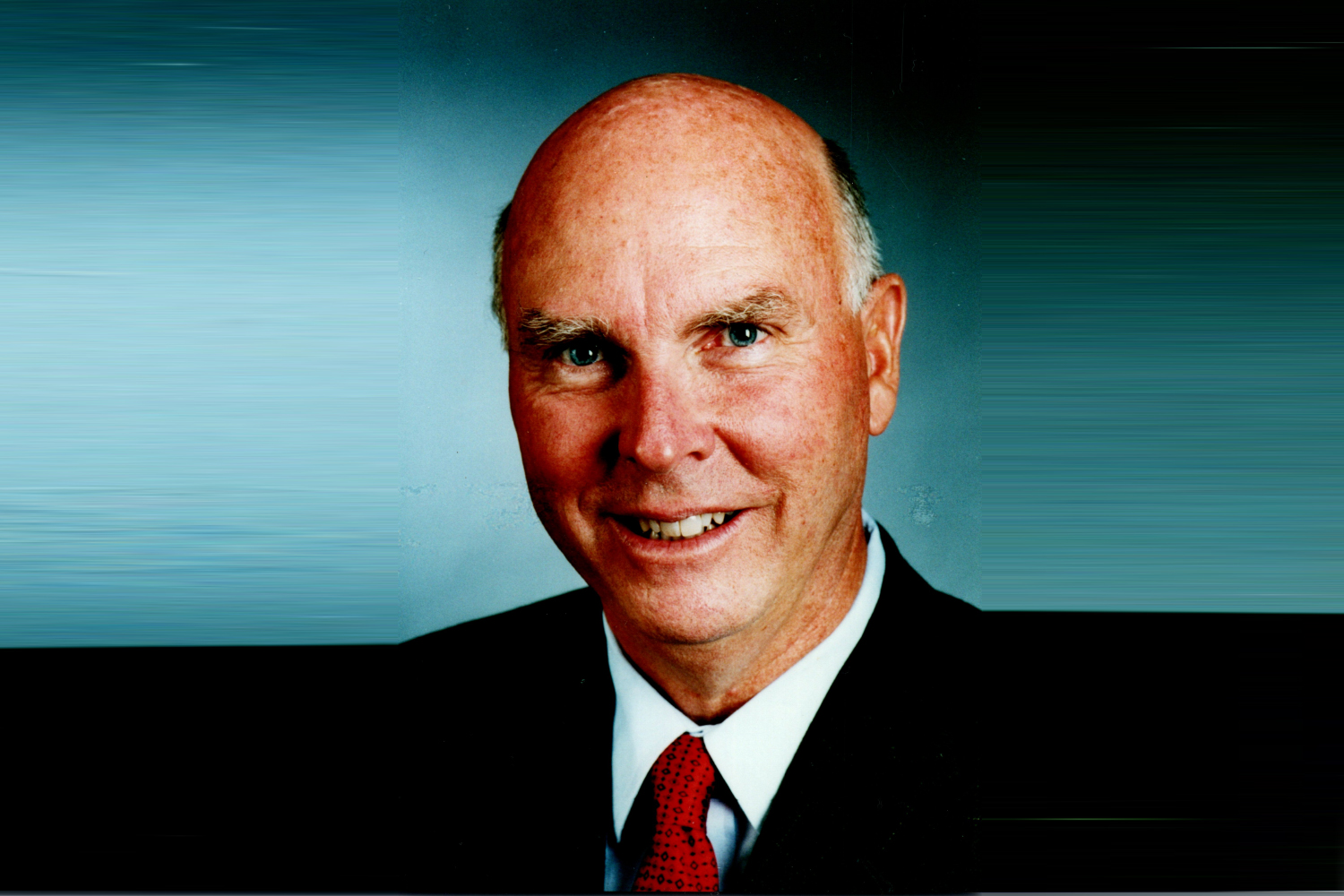
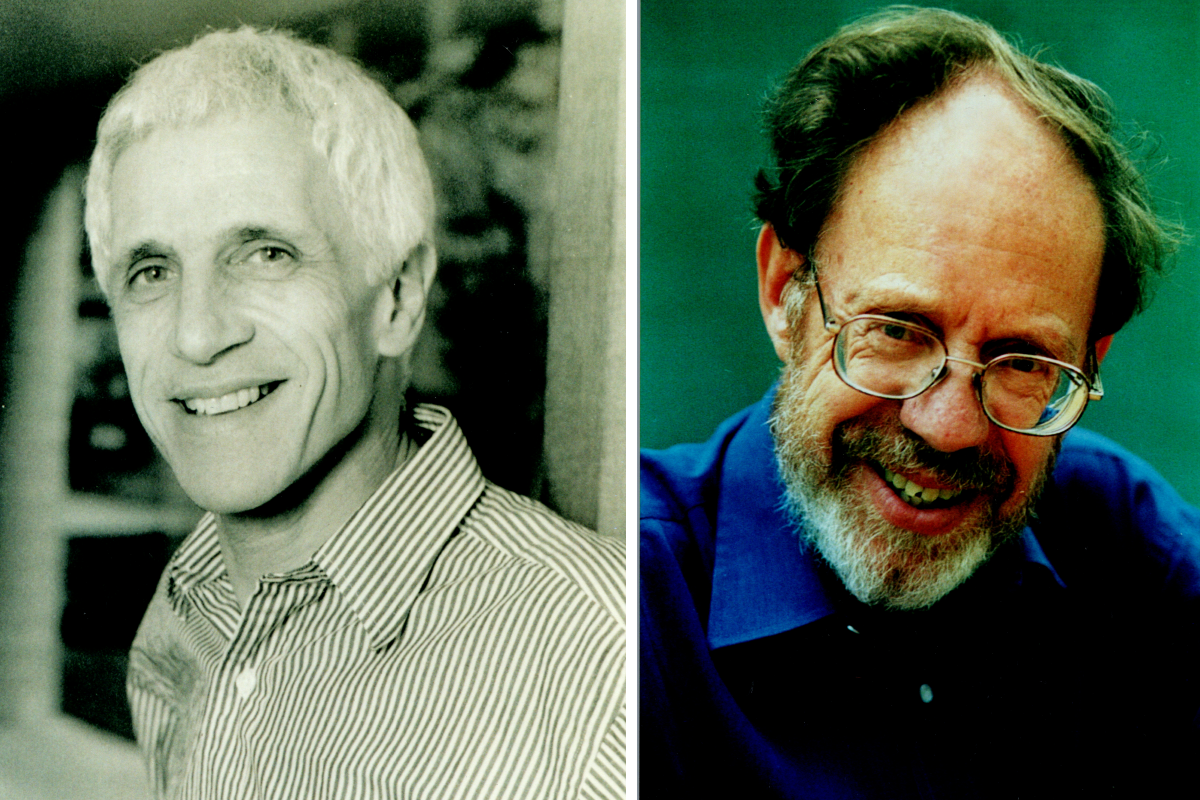
2001
Stephen C. Harrison and Michael G. Rossmann
X-ray structural analysis of the protein envelope of viruses


1997
Barry J. Marshall and John Robin Warren
Discovery of the bacterium helicobacter pyloriHelicobacter pylori
The Nobel Prize in Physiology or Medicine 2005
1996
Pamela J. Bjorkman, Hans-Georg Rammensee and Jack L. Strominger
Research into the "immune system's presentation plate" (MHC)
1994
Peter Howley und Harald zur Hausen
Research on papillomaviruses and their oncogenic potential
The Nobel Prize in Physiology or Medicine 2008
1993
Philippa Marrack, John W. Kappler und Harald von Boehmer
Research on the development and function of T cells
1990
R. John Collier und A.M. Pappenheimer Jr.Research on bacterial toxins, in particular diphtheria and anthrax
1989
Stuart A. Aaronson, Russell F. Doolittle und Thomas Graf
Discoveries in the field of oncogenes and growth factors
1985
Ernest Bueding, Louis H. Miller und Ruth Sonntag NussenzweigStudies on malaria and schistosomiasis
1983
Michael Potter, Peter C. Doherty und Rolf M. ZinkernagelElucidation of the specificity of the cellular immune response
Nobel Prize in Physiology or Medicine 1996
1982
Niels JerneGroundbreaking theories on the functioning of the immune system
Nobel Prize in Physiology or Medicine 1984
1980
Tomoichiro Akiba und Hamao UmezawaOutstanding achievements in the field of clinical bacteriology
1977
Torbjörn Caspersson und John Bertrand GurdonExcellent achievements in the field of cell biology
The Nobel Prize in Physiology or Medicine 2012
1975
George B. Mackaness, Nicholas Avrion Mitchison und Morten SimonsenContributions to microbiology and immunology
1974
James L. Gowans und Jacques MillerDiscoveries about the role of lymphocytes in the immune response
1973
Anthony Epstein, Kimishige Ishizaka und Dennis H. WrightContributions to tumor virology and immunology
1971
Albert Claude, Keith R. Porter und Fritiof SjöstrandCell biological discoveries empowered by electron microscopy
1969
Hiroshi Nikaido, Anne-Marie Staub und Winifred M. WatkinsContributions to bacteriology, immunology, and serology
1968
Walter T. J. Morgan und Otto WestphalFundamental work in the field of immunochemistry and tumor biology
1966
Francis Peyton RousPioneering work in the field of tumor virology
The Nobel Prize in Physiology or Medicine 1966
1965
(Prize for Young Researchers )
Otto Lüderitz, Léon Le Minor, Ida Ørskov, Frits Ørskov und Bruce A. D. StockerWork in the field of microbiology
1963
(Prize for Young Researchers )
Helmut Holzer, Lothar Jaenicke, Detlev Kayser und Tullio TerranovaWork on enzymology and on the biochemistry of cancer cells
1962
Otto WarburgFundamental insights into cell metabolism
The Nobel Prize in Physiology or Medicine 1931
1961
(Prize for Young Researchers )
Albert H. Coons, Günther Heymann, Örjan E. Ouchterlony und Jacques OudinWork in the field of immunodiagnostics
CONTACT
Office Paul Ehrlich Foundation:
Friends of the Goethe University Frankfurt
Goethe-Universität Frankfurt
Campus Westend, PA-Gebäude
Theodor-W.-Adorno-Platz 1
60629 Frankfurt am Main
www.vff.uni-frankfurt.de
Managing Directors
Nike von Wersebe
Tel: 069 / 798 12234
Fax: 069 / 798 763 12234
wersebe@vff.uni-frankfurt.de
Julia Lange
Tel: 069 / 798 12452
Fax: 069 / 798 763 12452
E-Mail: lange@vff.uni-frankfurt.de
Adviser for Members & Foundations
Tina Faber
Tel: 069 / 798 17237
Fax: 069 / 798 763 17237
faber@vff.uni-frankfurt.de
Marketing
Constanze von Plato
Tel: 069 / 798 17237
Fax: 069 / 798 763 17237
vonplato@vff.uni-frankfurt.de
Science Communication
Joachim Pietzsch
Tel: 069 36007188
j.pietzsch@wissenswort.com
Bank Account
Paul Ehrlich-Stiftung
Deutsche Bank AG
IBAN: DE38500700100700083900
BIC: DEUTDEFFXXX
Donations are tax deductible.
- Studying at Goethe University
- International applicants
- Faculties
- Overview of study programmes
- Programme for refugees
- GRADE
- Goethe Business School (continuing education)
- Research at Goethe University
- Scientific news
- Goethe Welcome Center (for international researchers)
- Collaborative research projects
- Individual research
- Visiting fellowships
- Endowed chairs
- About the University
- News-in-brief
- University administration
- Campus locations
- Campus life
- University archives (German)
- Rhine-Main-Universities
